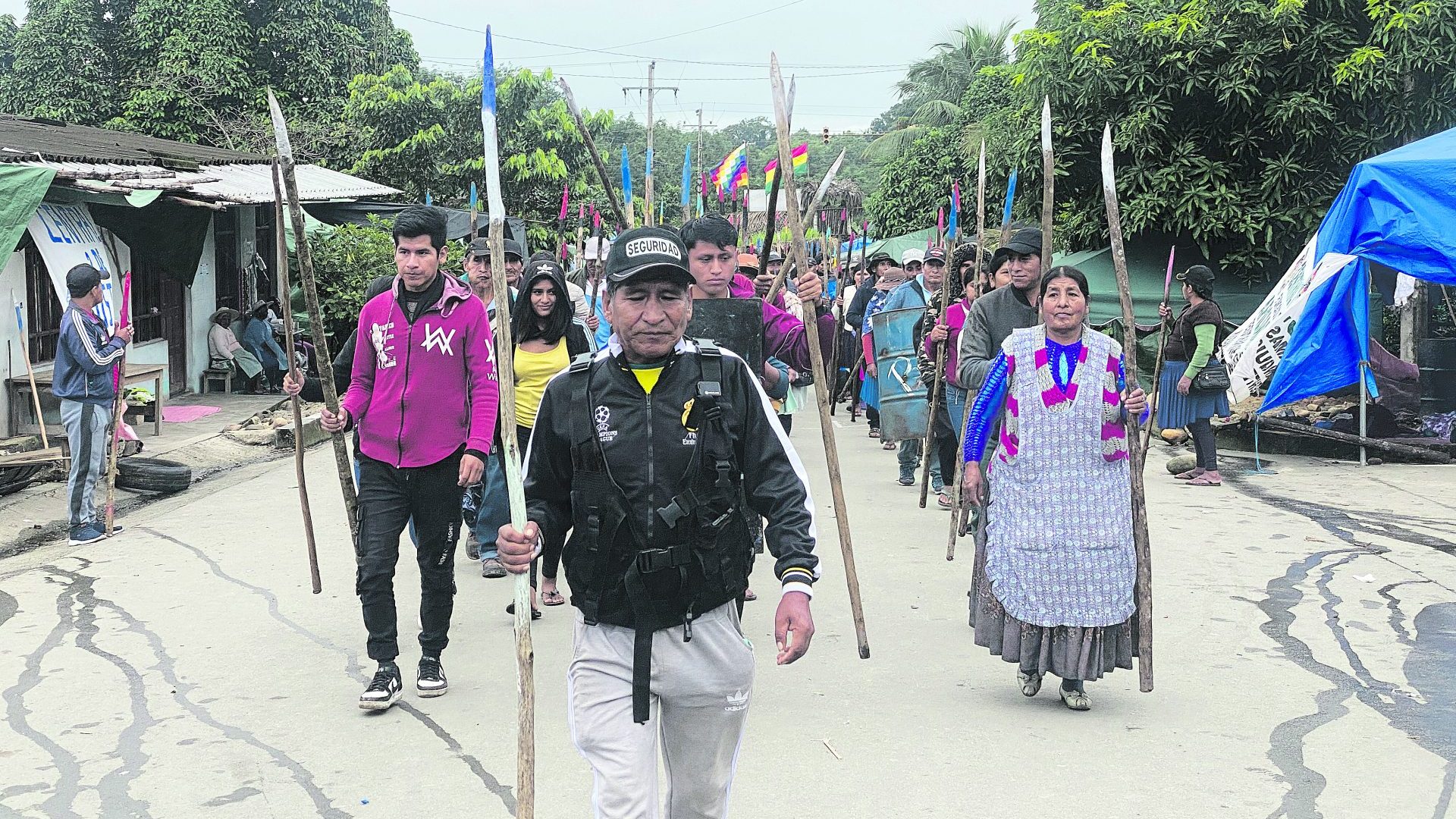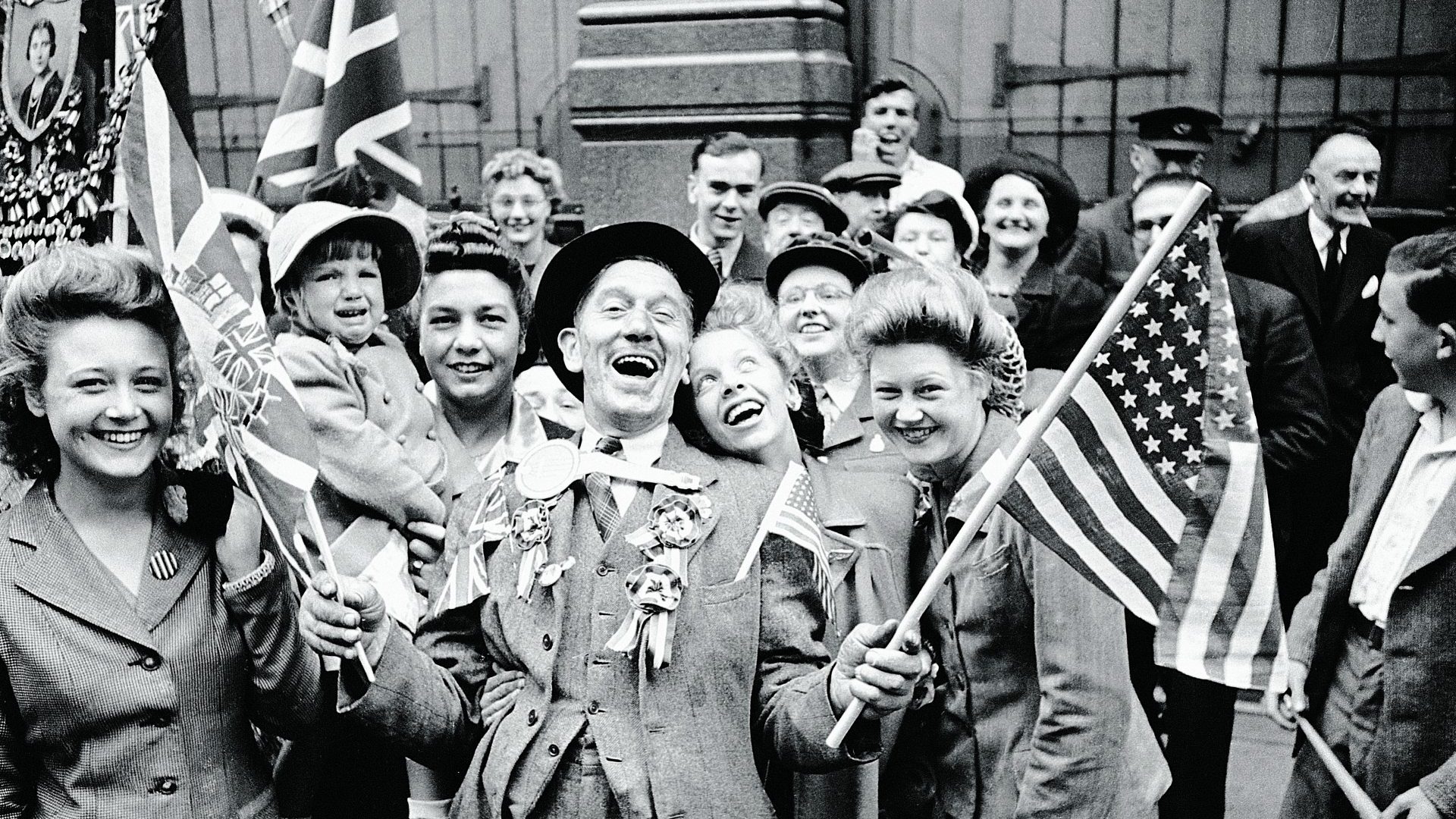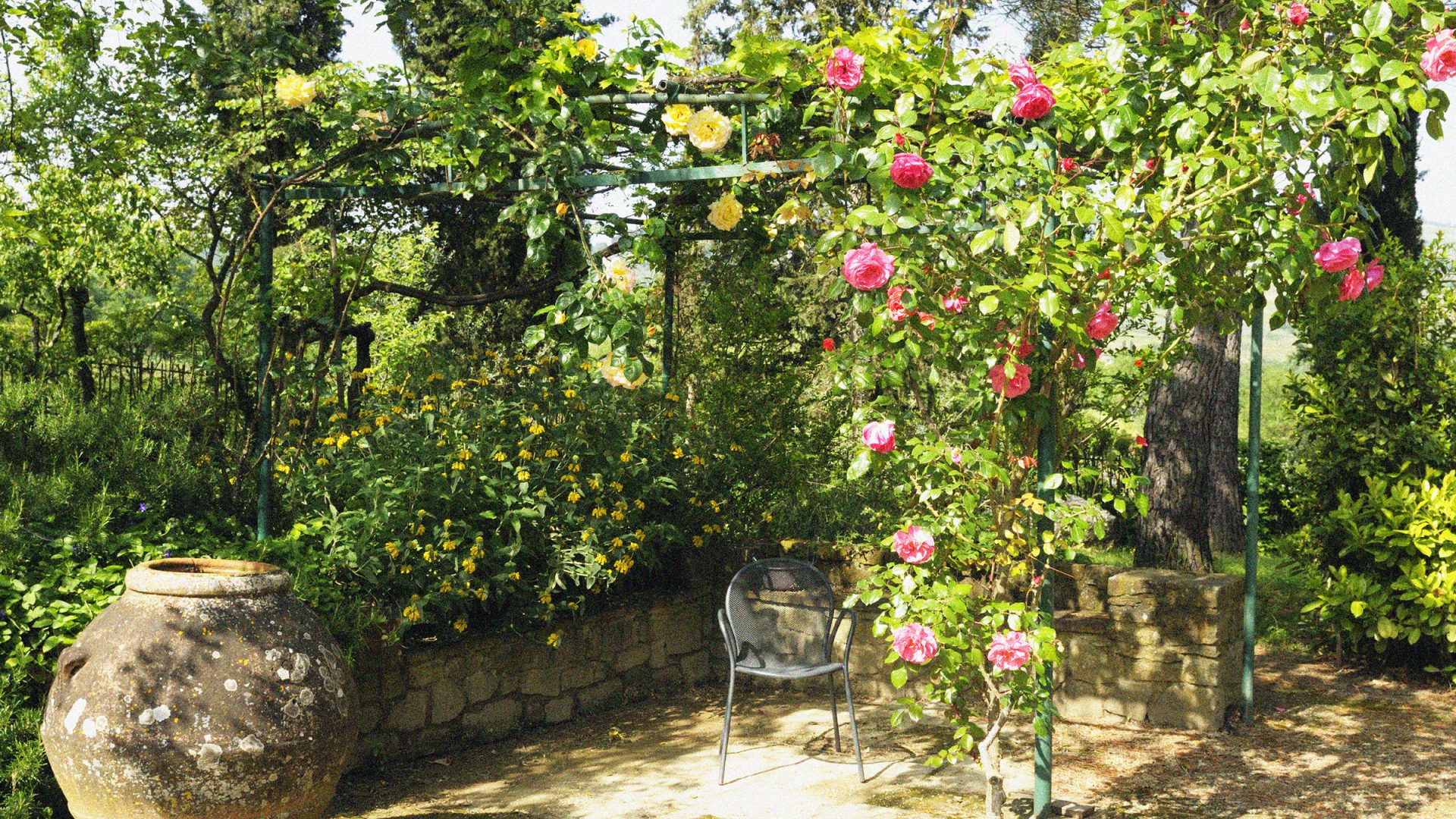Every hour through the night, a patrol walks the streets, scraping their shields along the asphalt and rattling doors. The guards jerk awake.
It’s been months since anyone slept well here in Lauca Ñ – ever since the alleged assassination attempt on Evo Morales, Bolivia’s former president, whose car was shot at by police back in October. Morales says the government wants to take him out, however it can, before August’s election. And he summoned his supporters to defend him.
Thousands of people answered his call. They armed themselves with sharpened sticks and shields made from oil drums, and donned black jackets with “SECURITY” printed across them in yellow. This tiny town in the Bolivian tropics now looks like a cross between a festival and a military re-enactment. But it’s deadly serious. There is an arrest order out for Morales, who is accused of statutory rape, though he denies the allegations. The government knows that, if it tried to seize him here, blood would run.
It was an edgy environment to step into. I was there to report on the launch of Morales’s new political party and his hopes of returning to the presidency, six years after he was ousted.
By one count, since the second world war, Bolivia has had more coups than any other country: a total of 23. But after Morales took power in 2006, it enjoyed 14 years of relative stability and growth. In truth, this was only partly down to him. Several long-term economic policies happened to bear fruit during the first years of his government, meaning the leftist leader could govern with a full wallet. The world was hungry for Bolivia’s raw materials; GDP grew by 5% a year. Everyone got richer.
But Bolivia was still brittle. And the collapse, when it came, was sudden. In 2019, having leaned on the courts to allow his candidacy, Morales ran for an unconstitutional third consecutive term. He won, but allegations of fraud triggered mass protests. The police mutinied. Then the army asked him to resign, and he did, going into exile. For many people, that was coup no 24.
Morales has been lining up a return to power ever since. The recent implosion of the economy works in his favour: the signs of crisis are everywhere. Friends asked me to bring all the dollars I could. People I was meeting turned up late, having queued for hours at the petrol station. Protests choked off the roads. Jumpy soldiers grilled me. Everyone complained about rising prices.
Morales is pitching a return to a golden age – his golden age. In a stadium near Lauca Ñ, filled with 60,000 people, he launched his rebranded political project, “Evo Pueblo”, which translates roughly as “Evo the People”. One old leftist raised an eyebrow when the new name was announced. “Very personalistic,” he noted, drily.
That was as much criticism as I heard – no one dared go any further. As someone born into poverty who became Bolivia’s first indigenous president, Morales has a strong following among the rural working class. That support has taken on a messianic edge since the alleged assassination attempt. A former mayor of a nearby town told me Morales had been saved by God. Many attendees wore T-shirts saying “Always loyal, never traitors”.
Morales has promised a “convulsion” across the country if he is disqualified from the election, something Bolivia’s courts will be forced to decide on, under extreme pressure from all sides. He probably lacks the nationwide protest power to overturn a court decision. But Bolivians are still bracing for conflict when the elections roll around in August.
There was already a bizarre coup attempt in June last year – number 25? – when a disgruntled general in an armoured vehicle battered through the doors of the national palace, before being faced down by the current president, Luis Arce, a onetime ally, now bitter enemy, of Morales.
That general ended up in prison, where he has the previous president, Jeanine Áñez, an opposition leader and an array of other political actors for company. Depending on how the next months unfold, either Morales or his political enemies might join them.
Thomas Graham is a freelance journalist based in Mexico City



